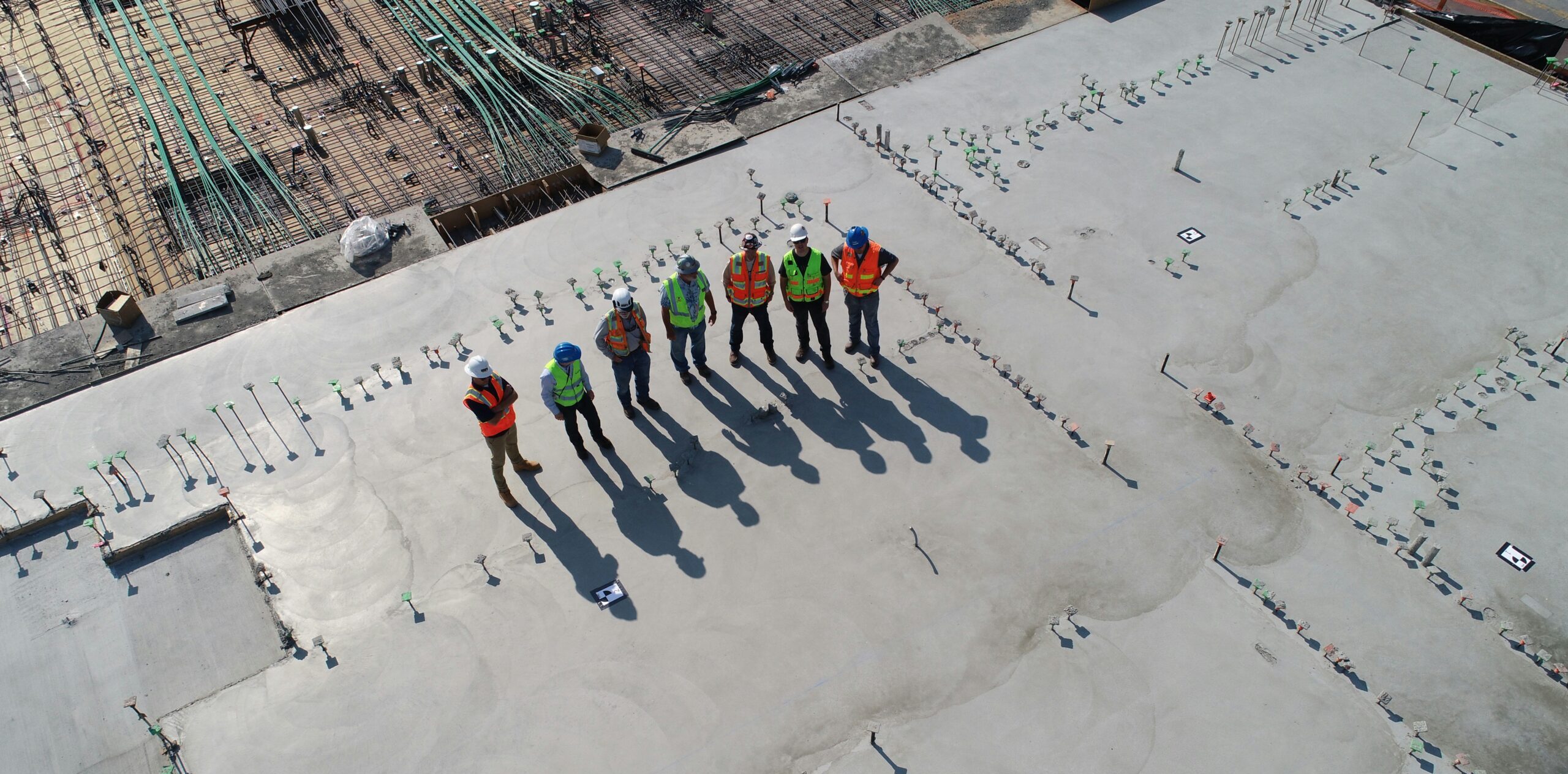Although the sector continues to play a fundamental role in the economy, with strong demand for residential, industrial and urban regeneration projects, construction sites are facing an increasingly pressing challenge – the difficulty in recruiting specialised technical professionals. This extends beyond engineers and designers, encompassing quantity surveyors, site supervisors, works planners, land surveyors, and planning technicians.
Often invisible to the general public, these professionals are the operational backbone that bridges project design and execution. Their absence disrupts the production chain, causes delays, increases costs, and compromises the overall quality of developments.

Despite their strategic importance in the construction sector, technical roles are still often perceived as lower-prestige career paths with limited opportunities. This perception must be challenged. Vocational and technical courses not only respond directly to the sector’s real conditions, but also offer solid career prospects, high employability rates, and the possibility of progressing to higher education in fields such as engineering, management, or architecture.
The future of construction depends on measures that elevate and acknowledge operational technical careers, which remain undervalued in the market. It is essential to:
Technical and vocational education stands as one of the most effective solutions to reverse the shortage of skilled labour and enhance the sector’s long-term sustainability. Specialised technical courses prepare professionals to operate directly in essential technical roles, equipping them for the challenges of today’s construction environment. They contribute to the sustainability of the sector through:

The challenges facing the construction sector cannot be solved by technology or investment alone. It is crucial to recognise and value the professionals who connect the project to the site, the design to the execution, and the theory to the practice. Quantity surveyors, site supervisors, works planners, and technicians are the true faces of tangible progress in construction.
For this recognition to take root in a meaningful way, the role of companies is essential. Strengthening the link between industry and technical-vocational education—through internships, support for the creation of new courses, and the integration of trainees into real working environments—is a decisive strategy to attract, develop, and retain qualified talent.
Strengthening the role of these professionals is, at once, a response to the labour shortage, a pathway to innovation, and a commitment to sustainability. Building the future begins with recognising those who make it possible. In this spirit, beyond welcoming interns, Castro Group will actively work to bridge the gap between technical-vocational education and the practical realities of the sector, promoting initiatives such as holding classes on its premises or directly on construction sites.
Back to the top